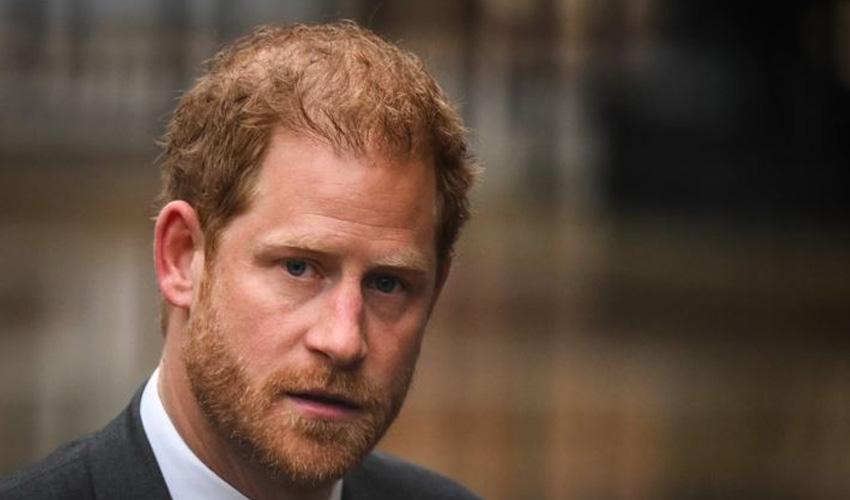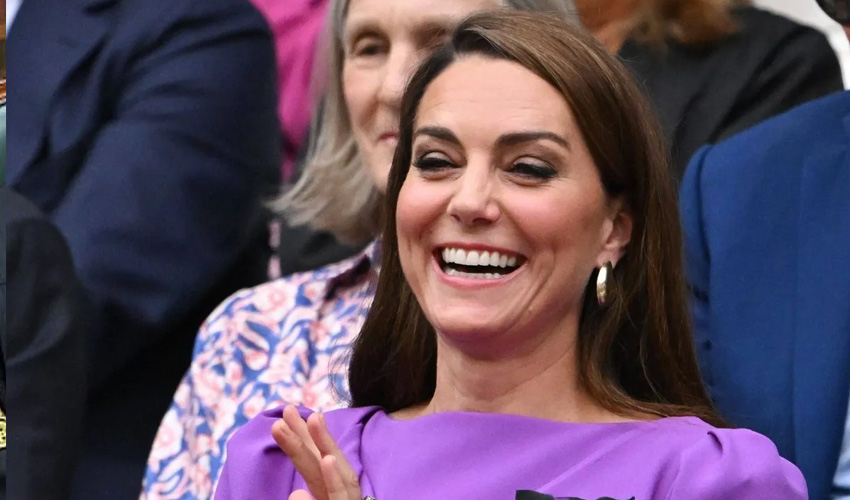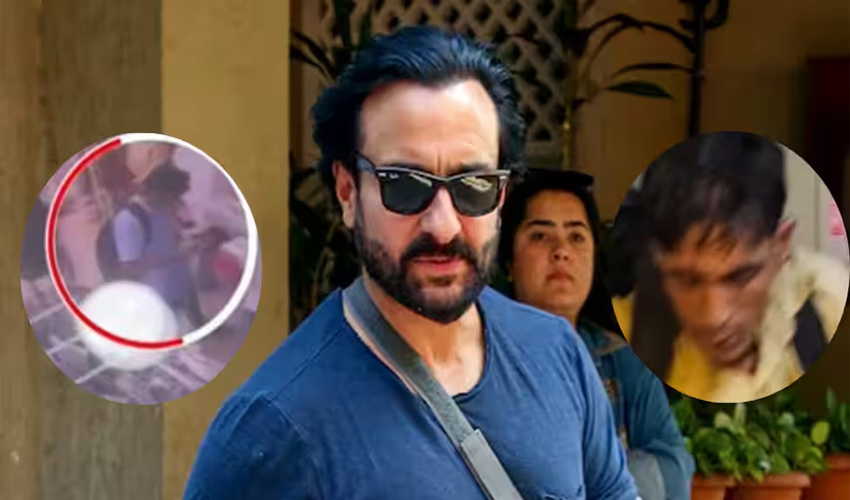In a legal setback for Prince Harry, the High Court of the United Kingdom ruled against him on Wednesday in his challenge against the government's decision to alter the level of his personal security detail during visits to the country.
The court's decision comes after the Duke of Sussex initiated legal action against the UK government following a notification in February 2020, which stated that he would no longer receive the same level of publicly-funded protection while in Britain.
High Court judge Peter Lane, in a comprehensive 52-page judgment, upheld the government's decision, stating that the security process devised for Prince Harry was legally sound.
Prince Harry, who dramatically departed Britain in 2020 with his wife Meghan, eventually settling in California, expressed security concerns that impede his return visits to the United Kingdom. He emphasized the importance of safety for himself, his wife, and their children in his homeland.
"The UK is my home. The UK is central to the heritage of my children," the prince stated in a written statement presented by his legal team during a hearing at London's High Court in December.
However, the court's decision aligns with the government's argument that Prince Harry, having relinquished his duties as a working royal and residing predominantly abroad, does not warrant the same level of security as before.
This legal battle over security is one of several ongoing litigations involving Prince Harry. Earlier this month, he settled a prolonged lawsuit against Mirror Group Newspapers (MGN) over alleged involvement in deceptive practices. Despite this settlement, Prince Harry continues to pursue legal action against various UK media outlets over similar claims.
Furthermore, he and actor Hugh Grant are embroiled in lawsuits against News Group Newspapers (NGN), while also being part of a group of high-profile individuals, including Elton John, taking legal action against the publisher of the Daily Mail.
Amidst this legal saga, Prince Harry recently dropped his libel case against the Mail on Sunday concerning an article regarding his legal battles with the UK government.



























